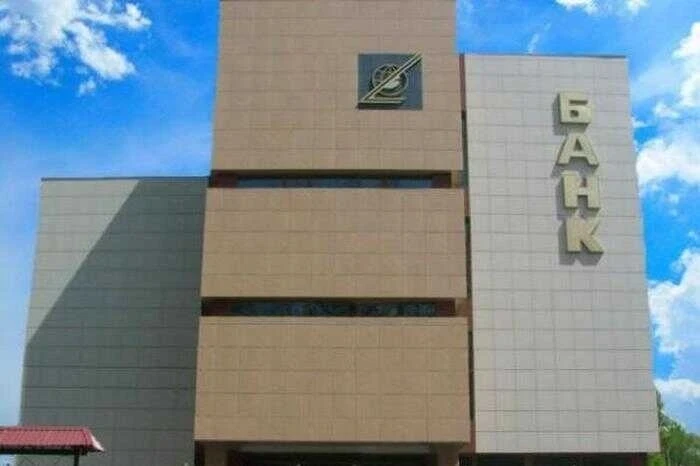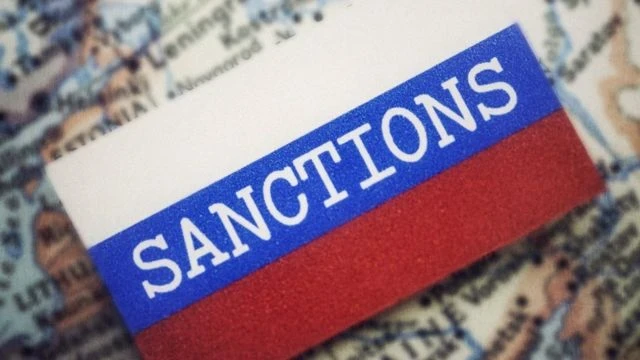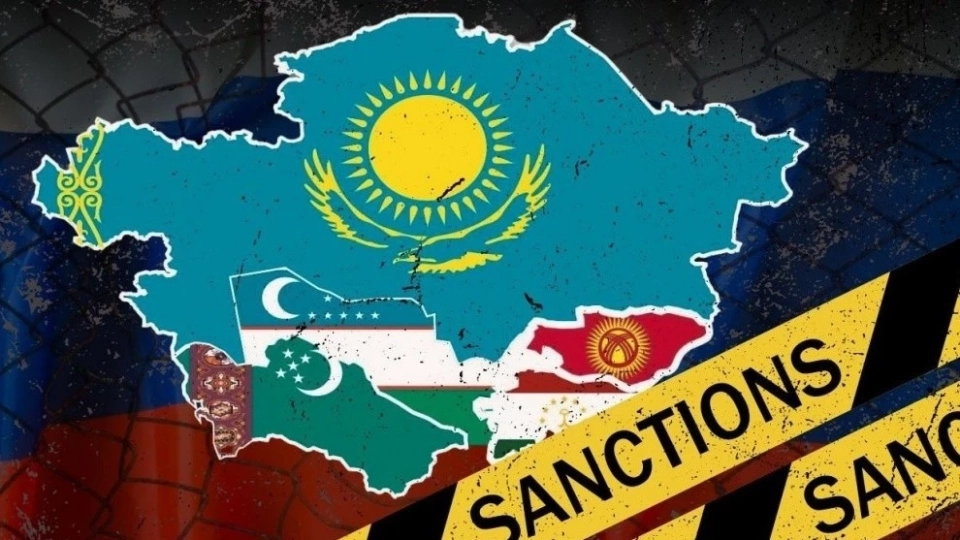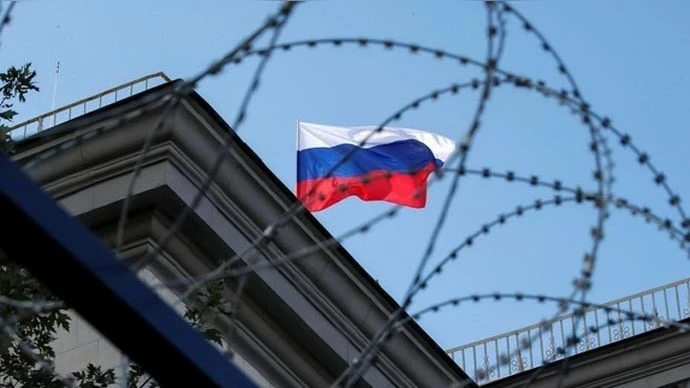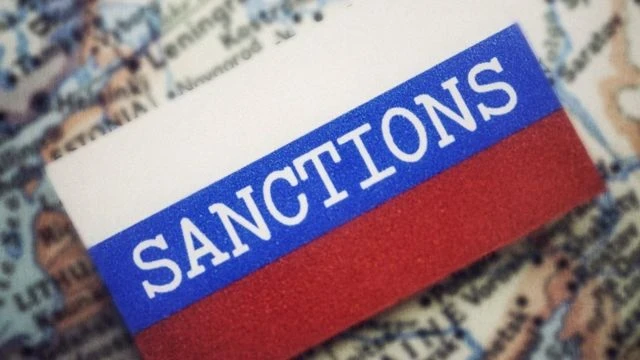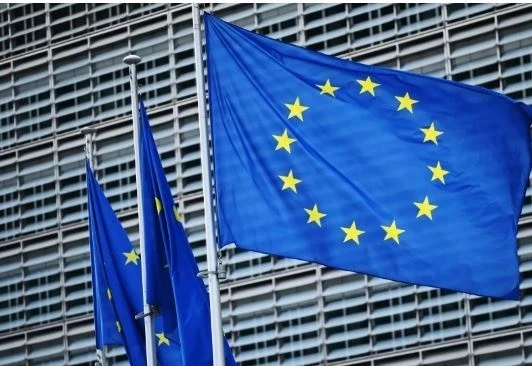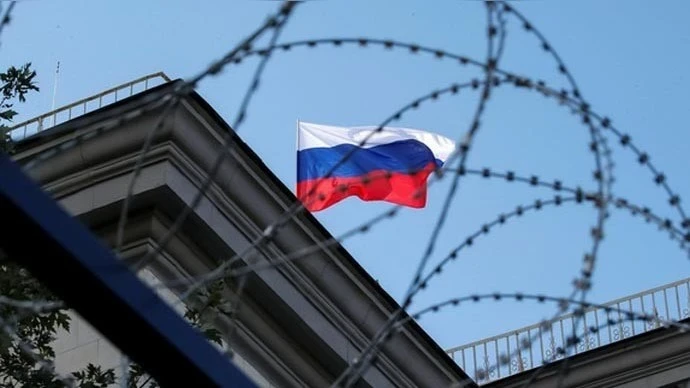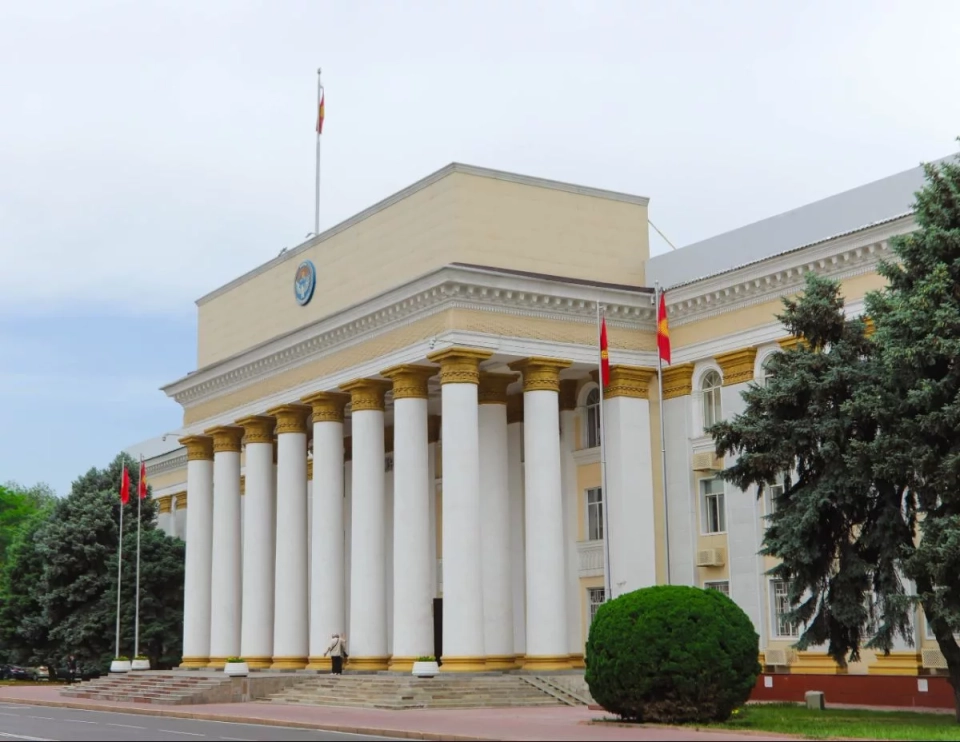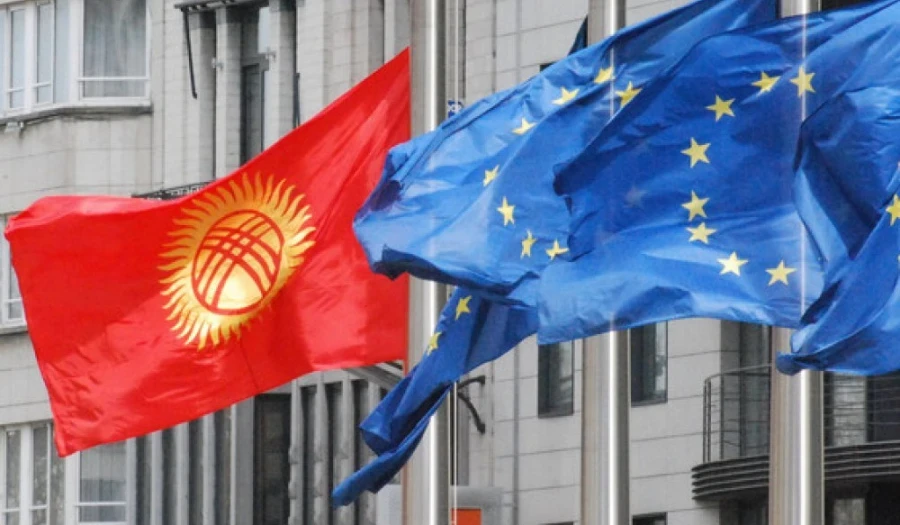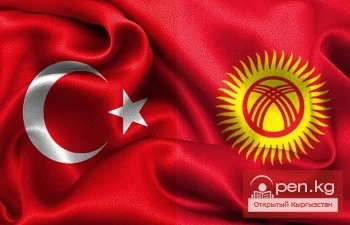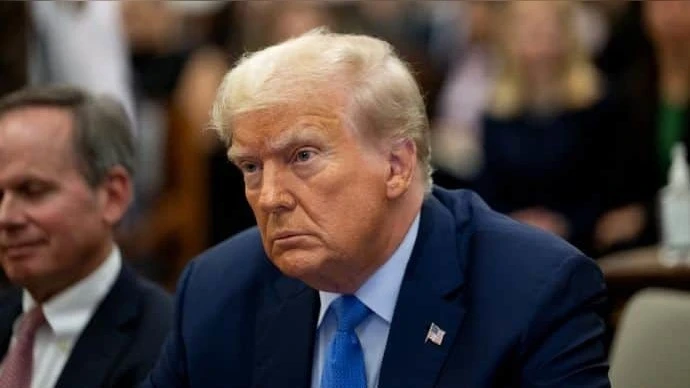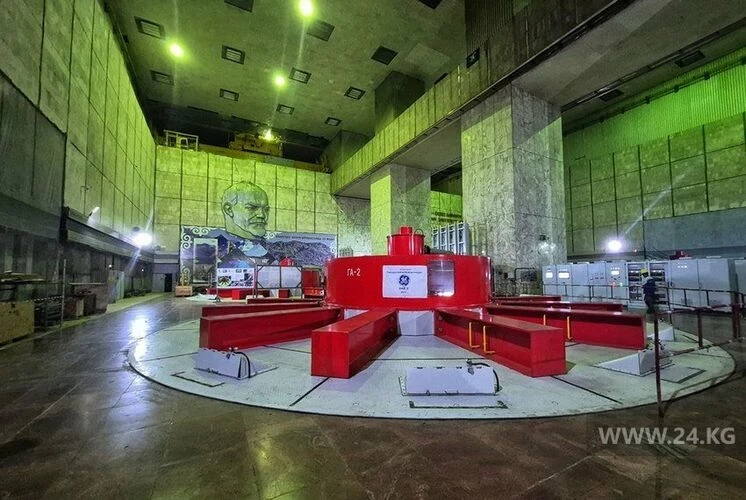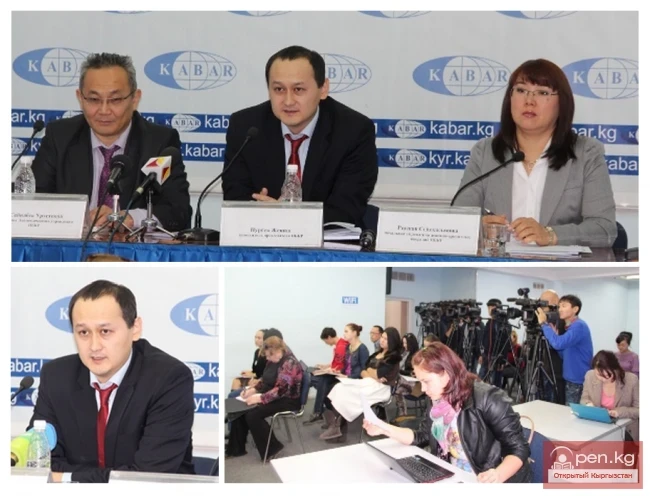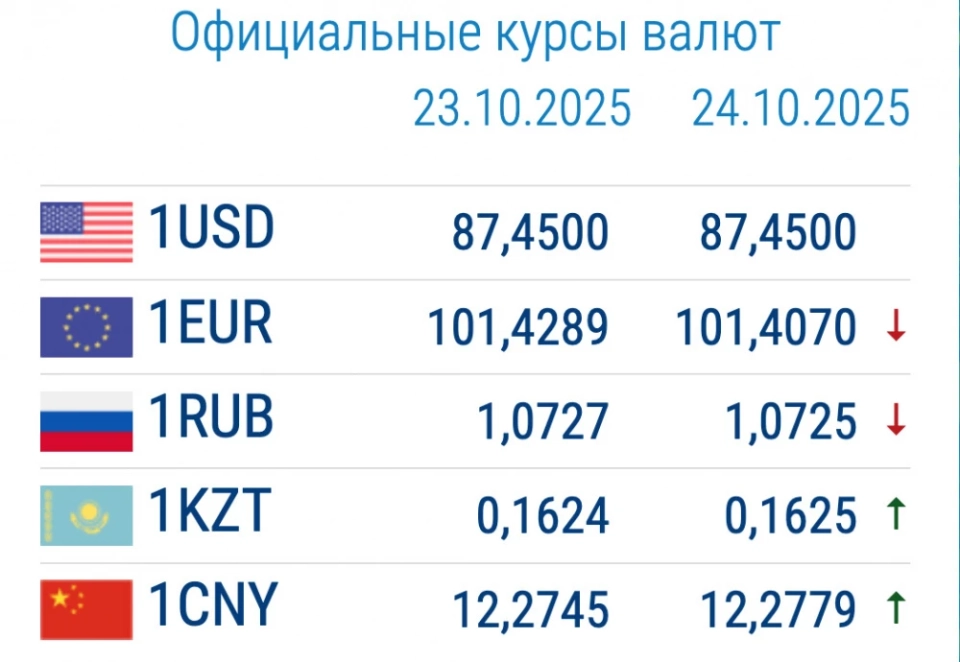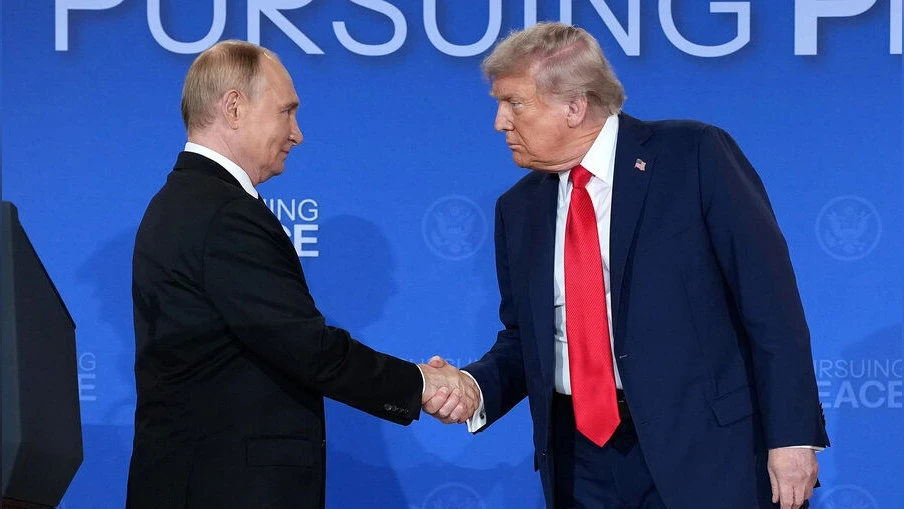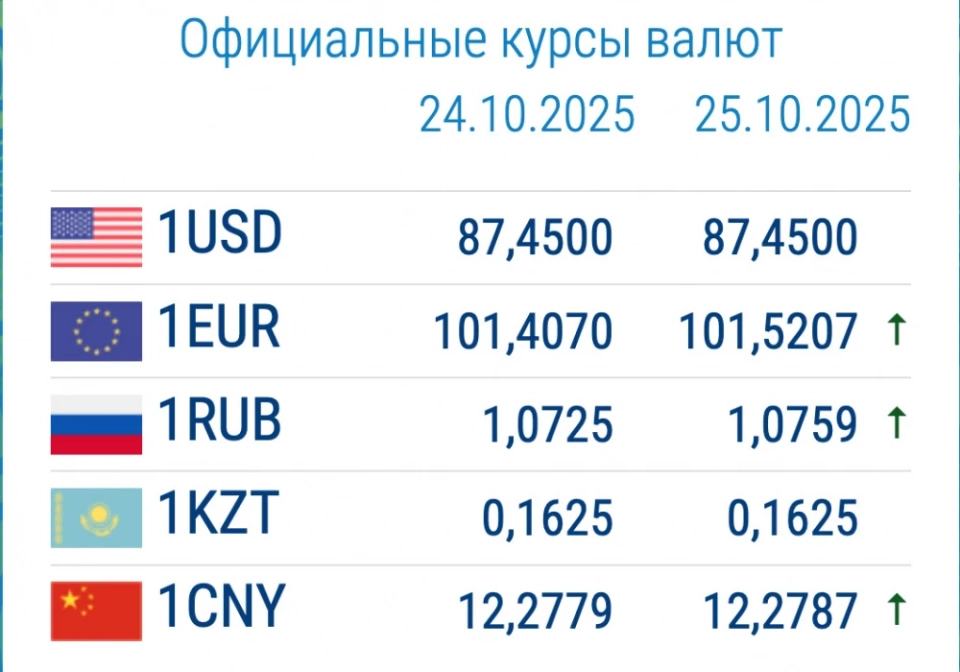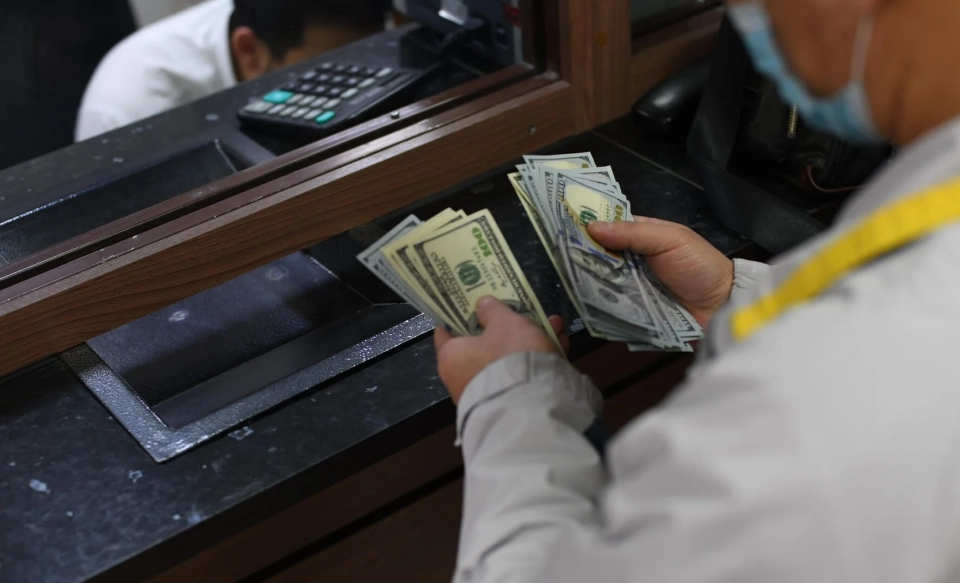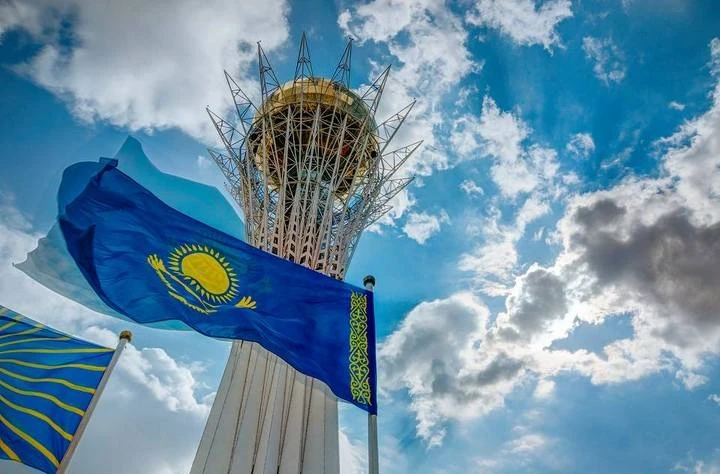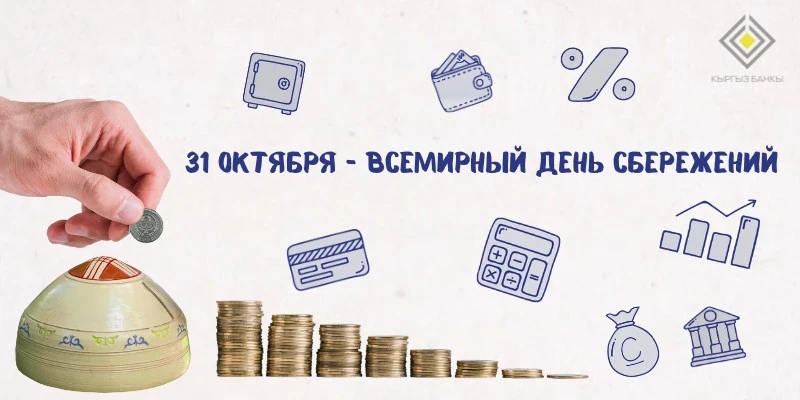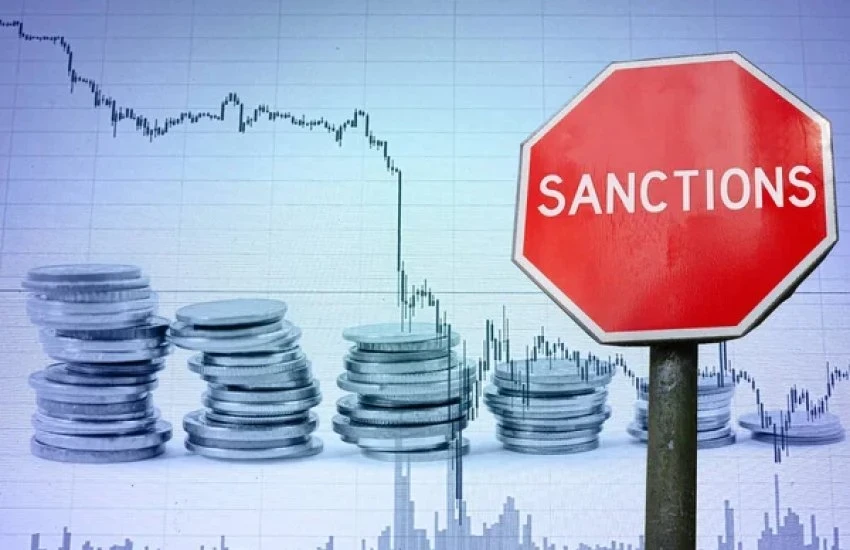
The new sanctions imposed by the European Union affect banks in three Central Asian countries, coming into effect on November 12. The restrictive measures also apply to companies and cryptocurrency exchanges in Kyrgyzstan.
One of the organizations affected by the 19th package of sanctions is the branch of Russian VTB in Kazakhstan. As a result, it is prohibited from conducting financial operations with counterparties from EU countries. Additionally, VTB Kazakhstan's participation in international currency markets, such as the euro and dollar, will be marked with a "stop" sign. This was reported by the publication "Current Time".
The Deputy Chairman of the National Bank of Kazakhstan, Yerulan Jamaubaev, noted that although VTB has been under sanctions before, its influence on the financial stability of the country is not critical. "Operations through VTB are practically not conducted, so I do not expect significant risks for the economy," he commented on the situation, according to the agency "Kazinform".
Among other banks affected by the sanctions are "Tolubai" and the Eurasian Savings Bank, operating in Kyrgyzstan. Thus, the total number of Kyrgyz banks under restrictions due to accusations of circumventing anti-Russian sanctions has increased to four. Previously, "Capital Bank" and "Keremet Bank" were included in similar lists by the USA and the UK. The new EU sanctions package also includes two Kyrgyz companies — "Old Vector" and "Greenex," which, according to the EU, provided payment services and supplied crypto-assets to Russia.
The Ministry of Foreign Affairs of Kyrgyzstan characterized the sanctions as pressure and emphasized that the republic strictly adheres to its international obligations. The Ministry also proposed that the EU conduct an independent audit to confirm the grounds for imposing sanctions.
According to information from Bloomberg, this sanctions package also includes measures against five Russian banks, cryptocurrency exchanges, and oil traders operating through Kyrgyzstan, Kazakhstan, Tajikistan, and the UAE. Additionally, starting from April 25, 2026, a complete ban on the import of Russian liquefied natural gas under short-term contracts will be introduced, and from January 1, 2027, for long-term contracts.
Among those affected by the sanctions are three banks in Tajikistan: "Dushanbe City Bank," "Spitamen Bank," and a Commercial Bank. These institutions control about 20% of all deposits in the country, amounting to 5 billion 750 million somoni (approximately $620 million).
The National Bank of Tajikistan stated its intention to study the impact of the sanctions and discuss with international partners possible measures to mitigate their effects on commercial banks. Opposition publications claim that these banks belong to relatives of the President of Tajikistan.
Economist Foziljon Fatulloev expressed the opinion that the sanctions will not lead to critical consequences for these banks:
"Dushanbe City Bank" plays an important role in cashless payments, both in the capital and in the republic as a whole. "Spitamen Bank" is a key player in lending, including mortgage and auto loans. Given that Tajikistan's trade turnover with the EU is insignificant, the consequences for the country will be less noticeable. However, this will affect EU citizens who come to Tajikistan for vacation, which may create problems for them," he added.
Fatulloev also emphasized that the sanctions will not significantly impact the connection of Tajik banks with the European financial system but may reduce their activity in cooperation with European companies. "Most remittances come from Russia, so it is not profitable for Tajik banks to ignore anti-Russian sanctions," he noted.
